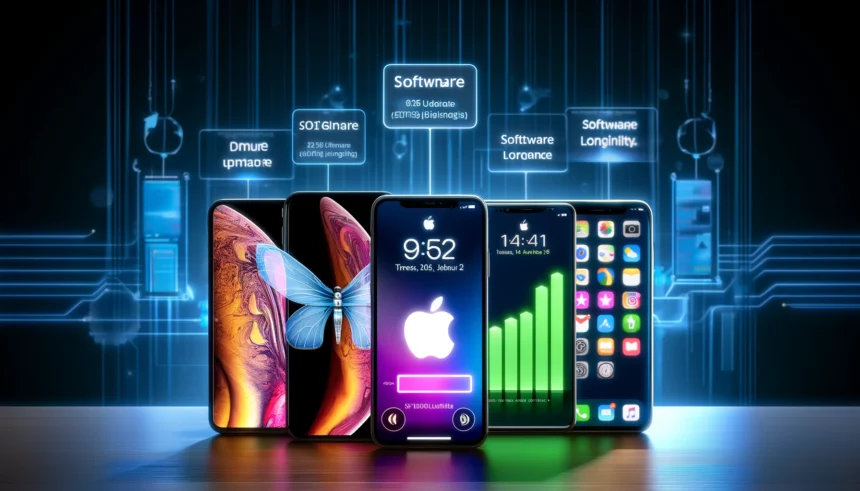Introduction to Software Updates in Smartphones
For a long time, Apple was celebrated for its extensive software support for iPhones, typically offering updates that spanned 5-6 generations. This was a significant edge over Android phones, which usually received fewer years of updates. However, recent developments suggest that Apple is no longer the leader in this area.
Changes in Update Policies
Under new UK regulations, tech companies must disclose how long they will support their internet-capable devices with updates. Apple’s recent filings reveal a commitment to only five years of updates from the date a product first goes on sale. While five years is respectable, it doesn’t quite match up to the seven years of support now offered by competitors like Google and Samsung.
Comparing Apple with Android Manufacturers
It’s important to note the differences in how companies define their support. Android brands typically separate their major OS updates from their security updates. For example, a company might offer five years of major updates plus two additional years of just security patches, totaling seven years. Apple, however, provides comprehensive updates that include both security patches and OS upgrades for the entire period.
The iPhone XR, for instance, still supports the latest iOS 17, six years after its release. This integrated approach to updates often means more substantial updates for older Apple devices compared to Android devices.
What Longer Support Means for Users
The duration mentioned by Apple represents a minimum. In some cases, Apple and other companies have extended support beyond the stated period. Samsung, for example, has been known to release updates for devices officially past their support date.
This trend of extended support is crucial as it not only extends the life of devices but also enhances security and software experience, adding value to the consumer’s investment in their smartphone.
Conclusion: Apple’s Five Years Versus Android’s Seven
While Apple has been a leader in providing consistent and comprehensive updates, the landscape is changing. With competitors stretching their support to seven years, Apple’s fixed five-year term might start to look less appealing to consumers who prioritize long-term usability and security. This shift could influence future market dynamics and consumer choices in the smartphone industry.
















